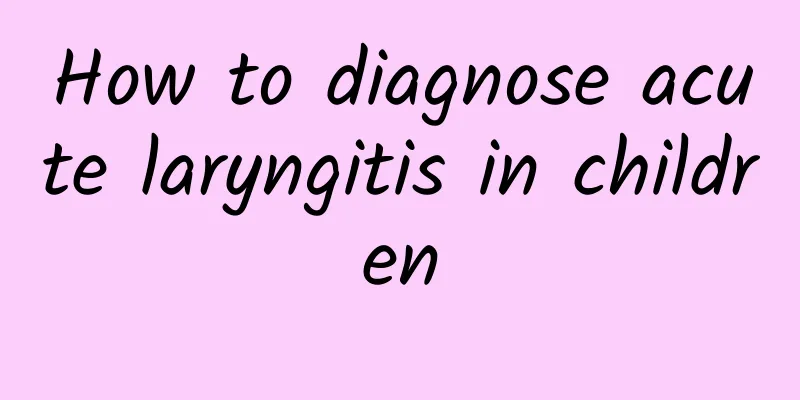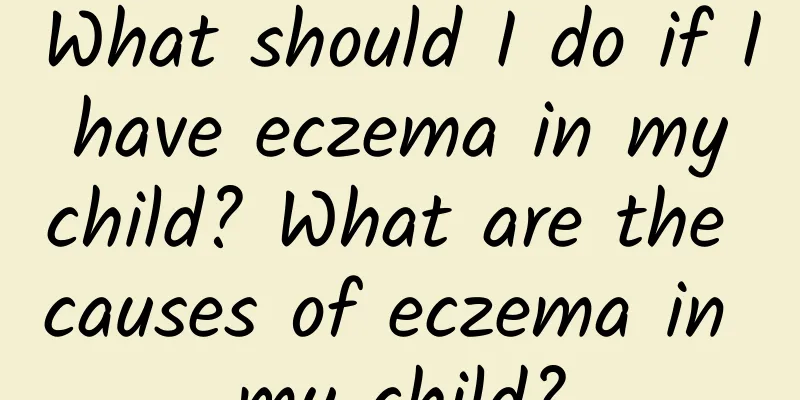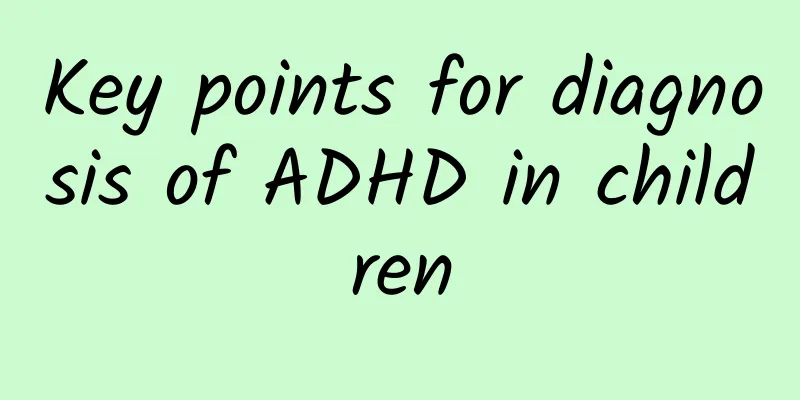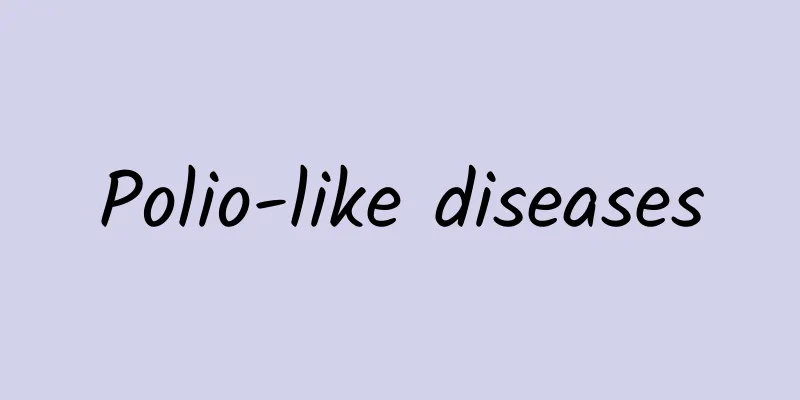What medicine should I take for diarrhea in children?
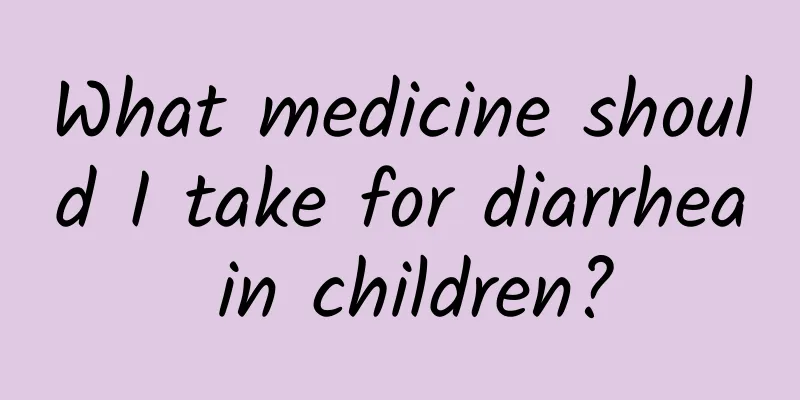
|
Diarrhea in children requires the identification of the cause before targeted treatment. Commonly used drugs include rehydration salts to replenish water, electrolyte balance drugs to control symptoms, and probiotics to regulate intestinal flora. In terms of diet, light and easily digestible foods should be chosen to ensure water and energy replenishment. If diarrhea persists or is accompanied by symptoms of dehydration, medical attention should be sought promptly. 1. Oral rehydration salts (ORS): prevent dehydration The most important thing for children with diarrhea is to prevent dehydration. The World Health Organization recommends oral rehydration salts (ORS), which can effectively replenish the water and electrolytes lost due to diarrhea. Parents can buy finished products at pharmacies and dilute them for use. After stirring according to the instructions, feed the baby small amounts and multiple times. If the child is unable to eat or vomits, the doctor needs to help with intravenous infusion. 2. Probiotics: Regulating intestinal flora Diarrhea is usually accompanied by intestinal flora disorder. Probiotic preparations containing bifidobacteria and lactic acid bacteria can be used to regulate the intestinal microecology, such as Bacillus subtilis two-combination live bacteria granules, Bifidobacterium triple live bacteria powder, etc. These drugs can help restore the balance of intestinal flora and optimize digestive function, but they need to be taken according to the dosage. 3. Antidiarrheal drugs: Use only under the guidance of a doctor It is generally not recommended to use antidiarrhea drugs directly for mild diarrhea, but to focus on the underlying cause. If the symptoms are severe and the non-infectious cause is clear (such as diarrhea caused by irritable bowel syndrome), the doctor may prescribe drugs such as montmorillonite powder (Smecta) to help absorb pathogens and toxins in the intestines and relieve diarrhea symptoms. Never give your child strong antidiarrhea drugs on your own. 4. Daily Diet Recommendations During diarrhea, the diet should be light and easy to digest. You can choose well-cooked millet porridge, soft noodles or low-fat yogurt, but try to avoid high-fat and high-sugar foods, otherwise it will aggravate the symptoms. Supplement more warm water, diluted juice and other fluids to prevent children from becoming thirsty or dehydrated. 5. Timing of observation and medical treatment If diarrhea lasts for more than 3 days or is accompanied by fever, abdominal pain, mental depression, decreased urine output, etc., you should seek medical attention immediately. If ordinary medicines and dietary adjustments fail to improve the condition, you should also consult a pediatrician to rule out bacterial and viral infections as causes. Children with diarrhea should not only use appropriate medicines, but also adjust their diet and observe the condition in time. Keeping ORS and probiotics at home can help with mild diarrhea, but if the symptoms persist or worsen, it is safer to consult a professional doctor immediately. |
<<: Briefly describe the causes and treatment of diarrhea in children
>>: Why do I feel tired when I stand up?
Recommend
How to treat a child with a cough and fever?
Colds and fevers can have varying degrees of impa...
How to intervene in childhood malnutrition How to treat childhood malnutrition
Most cases of malnutrition in children are caused...
What to do if your baby has a cough and runny nose
Babies have weak constitutions and poor resistanc...
How is jaundice hepatitis caused? Is it serious?
Icteric hepatitis may be caused by virus infectio...
What are the preventive measures for hand, foot and mouth disease?
What are the prevention and treatment measures fo...
Common complications of mumps in children do not include
Common complications of mumps in children include...
What are the symptoms of neonatal jaundice
Neonatal jaundice usually manifests as yellowing ...
16.6 Is neonatal jaundice serious?
16.6 Is neonatal jaundice serious? Neonatal jaund...
Detailed introduction to modern treatment of Kawasaki disease
Many people may not have heard of Kawasaki diseas...
How to determine the cause of acute laryngitis in children
The main causes of acute laryngitis in children i...
How do patients with Kawasaki disease choose to undergo relevant examinations?
How do patients with Kawasaki disease choose to u...
Is a child's cough serious? What should you pay attention to when a child has a cough?
The most feared thing about children's cough ...
Exercise treatment for ADHD
The main symptoms of ADHD in mentally retarded ch...
Causes of Kawasaki disease in infants
The cause of Kawasaki disease in infants is not y...
How much does it cost to treat pediatric tracheitis?
Bronchitis in children is a disease that many peo...



